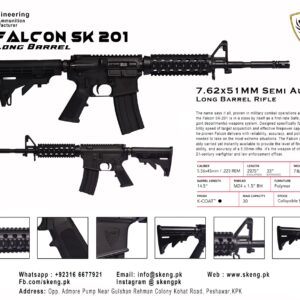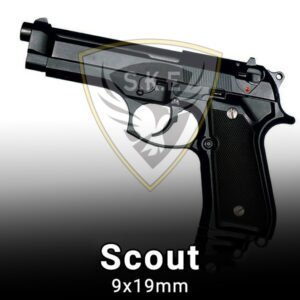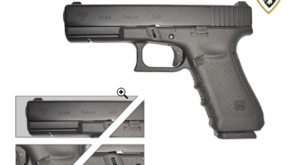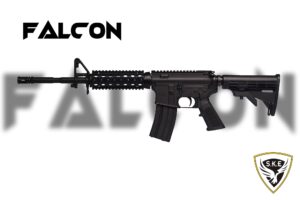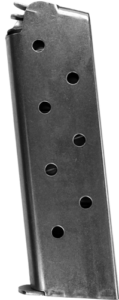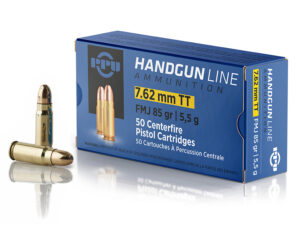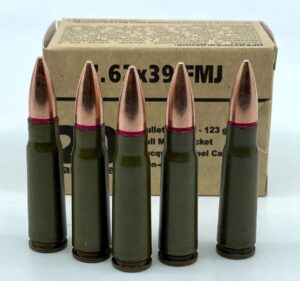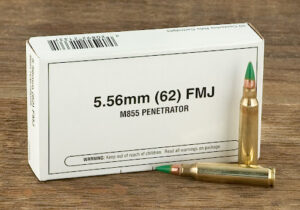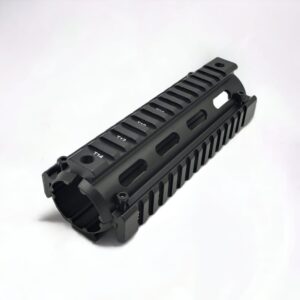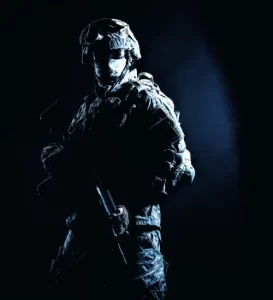Exploring the Landscape of Guns in Istanbul: A Comprehensive Analysis
Guns in Istanbul, a topic that evokes a myriad of sentiments and perceptions, encapsulates the complex interplay between history, culture, politics, and society. Situated at the crossroads of Europe and Asia, Istanbul has been a melting pot of civilizations for centuries, each leaving its mark on the city’s identity, including its relationship with firearms.
Historical Context:
To understand the present-day dynamics of guns in Istanbul, one must delve into its rich historical tapestry. Throughout history, Istanbul, formerly known as Constantinople, served as the capital of various empires, including the Byzantine, Roman, and Ottoman. This legacy has left an indelible imprint on the city’s cultural ethos and its perception of firearms.
Ottoman Influence:
The Ottoman Empire, renowned for its military prowess, played a pivotal role in shaping Istanbul’s relationship with guns. Firearms, such as muskets and cannons, became integral to the empire’s expansion and defense strategies. The Ottoman arsenal, manufacturing a vast array of weapons, contributed to Istanbul’s reputation as a center of firearms production and innovation.
Transition to Modernity:
With the decline of the Ottoman Empire and the emergence of the Turkish Republic in the 20th century, Istanbul underwent a period of profound transformation. Modernization efforts led to significant changes in the city’s socio-political landscape, including the regulation of firearms. Strict gun control laws were enacted to maintain public order and curb violence, reflecting the state’s assertive role in managing firearms.
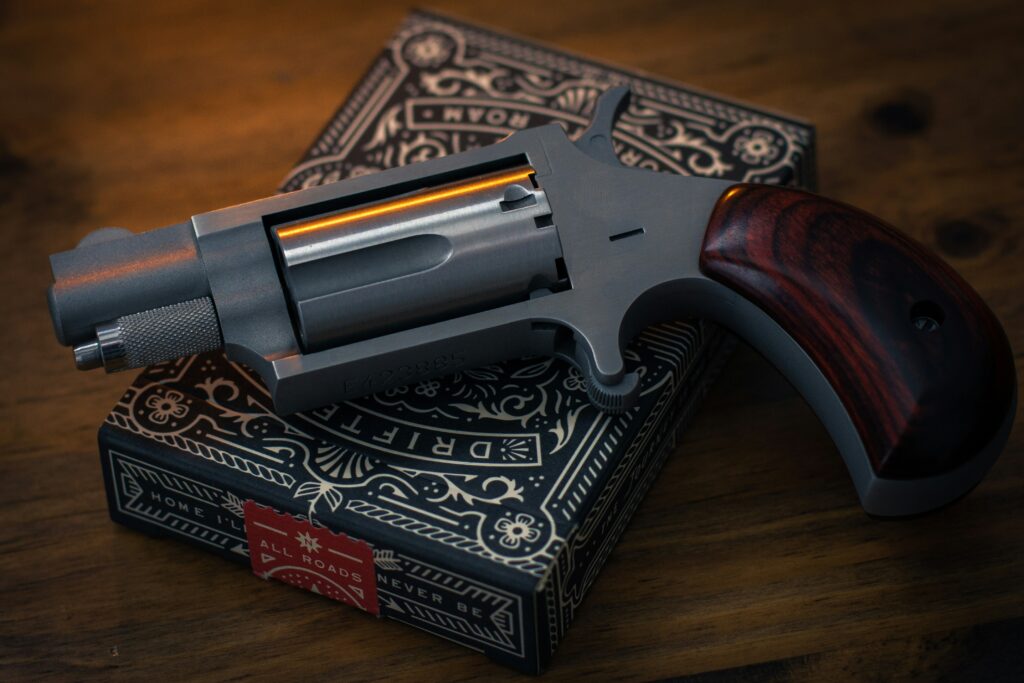
Contemporary Dynamics:
In present-day Istanbul, the issue of guns remains a multifaceted phenomenon, influenced by various factors ranging from political ideologies to socio-economic disparities. While Turkey has relatively stringent gun control laws compared to some Western countries, illicit firearms still circulate within certain segments of society. The intersection of organized crime, terrorism, and regional conflicts further complicates the issue, posing significant challenges to law enforcement agencies.
Legal Framework:
Turkey’s legal framework regarding firearms is delineated in Law No. 6136 on Firearms, Knives, and Other Tools. This legislation establishes strict criteria for gun ownership, including background checks, mental health assessments, and proficiency tests. Licenses are required for the possession and carrying of firearms, with severe penalties for violations. Despite these measures, loopholes exist, allowing for the illicit trade and proliferation of guns in Istanbul.
Security Concerns:
The specter of terrorism looms large over Istanbul, with the city being targeted by various extremist groups in recent years. Incidents such as the 2016 Atatürk Airport attack and the 2017 Reina nightclub shooting underscore the security challenges posed by armed violence. In response, Turkish authorities have intensified counterterrorism efforts, including enhanced surveillance and intelligence-gathering measures to combat the illicit circulation of firearms.
Socio-Economic Factors:
The prevalence of guns in Istanbul is also influenced by socio-economic disparities and urban dynamics. Marginalized communities, grappling with poverty and unemployment, are more susceptible to involvement in illicit activities, including the illegal arms trade. Furthermore, the influx of refugees and migrants into Istanbul has exacerbated social tensions, creating fertile ground for criminal networks to exploit vulnerabilities and expand their influence.
Culture and Identity:
Beyond the realm of legality and security, guns in Istanbul are intertwined with cultural narratives and collective memory. The portrayal of firearms in Turkish literature, cinema, and popular culture reflects societal attitudes towards power, masculinity, and heroism. Additionally, traditional practices such as hunting and shooting sports maintain a significant following, contributing to the cultural significance of guns in Istanbul.
Challenges and Solutions:
Addressing the complex issue of guns in Istanbul requires a multifaceted approach encompassing legislative reforms, law enforcement strategies, socio-economic initiatives, and community engagement. Strengthening gun control measures, enhancing border security, and promoting socio-economic development are crucial steps in mitigating the proliferation of firearms and addressing the root causes of armed violence.
Conclusion:
In conclusion, the landscape of guns in Istanbul is a nuanced tapestry woven from historical legacies, contemporary challenges, and cultural nuances. While the city grapples with security threats and socio-economic disparities, it also bears witness to resilience, innovation, and collective efforts towards a safer and more secure future. By understanding the intricate dynamics at play, Istanbul can navigate the complexities of guns and forge a path towards peace, prosperity, and harmony.
-
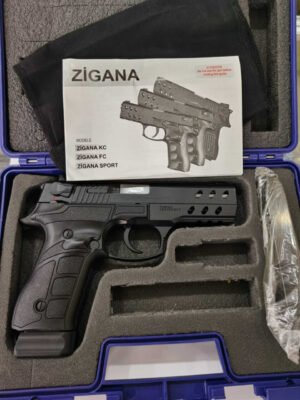
zigana original 9mm pistol price in pakistan
Read more -
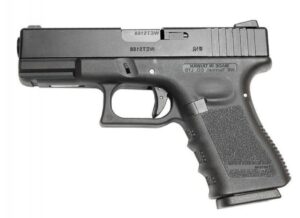
SK 19 Pistol
Read more -
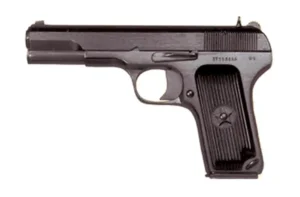
S.K Phantom 30
Read more -
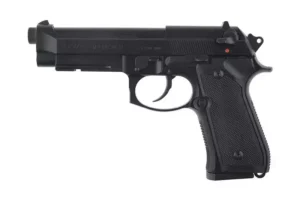
S.K Scout 9×19
Rated 3.50 out of 5Read more -

S.K PRISM 9X19
Read more -
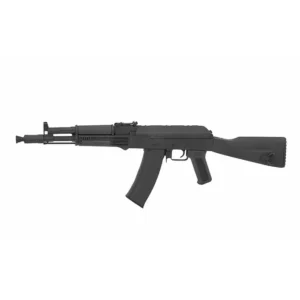
S.K Eagle 223
Read more -
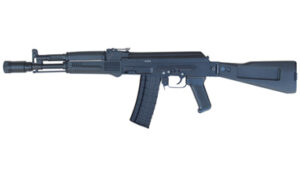
S.K EAGLE 7.62×51
Read more -

S.K Eagle 7.62×51 COMPACT
Read more -

S.K EAGLE 7.62×51
Read more -
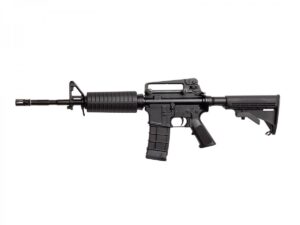
S.K FALCON 5.56×45
Read more -
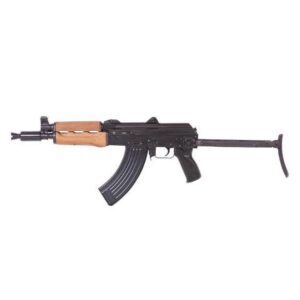
S.K.E Al-Badr 762V3 Compact
Read more -
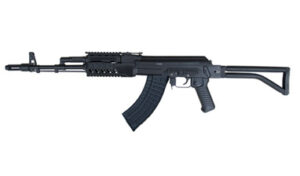
S.K.E Al-Badr 762V1
Read more -
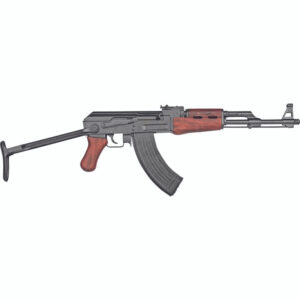
S.K.E Al-Badr 762V2
Read more -

MAG SK 9X19 V1
Read more -

MAG SK 5.56X45
Read more -
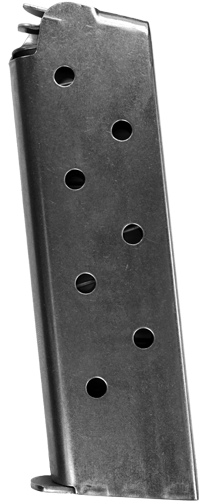
MAG SK 30
Read more


